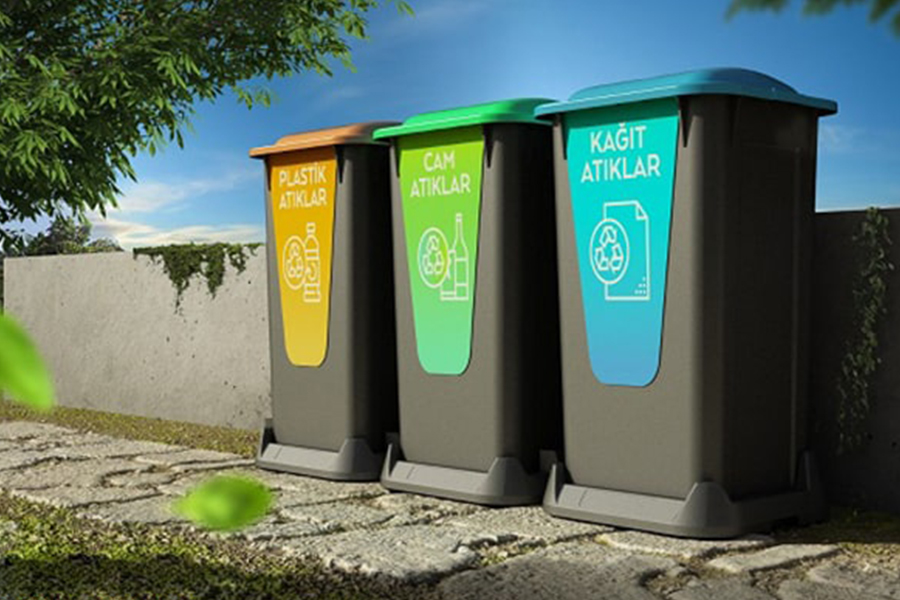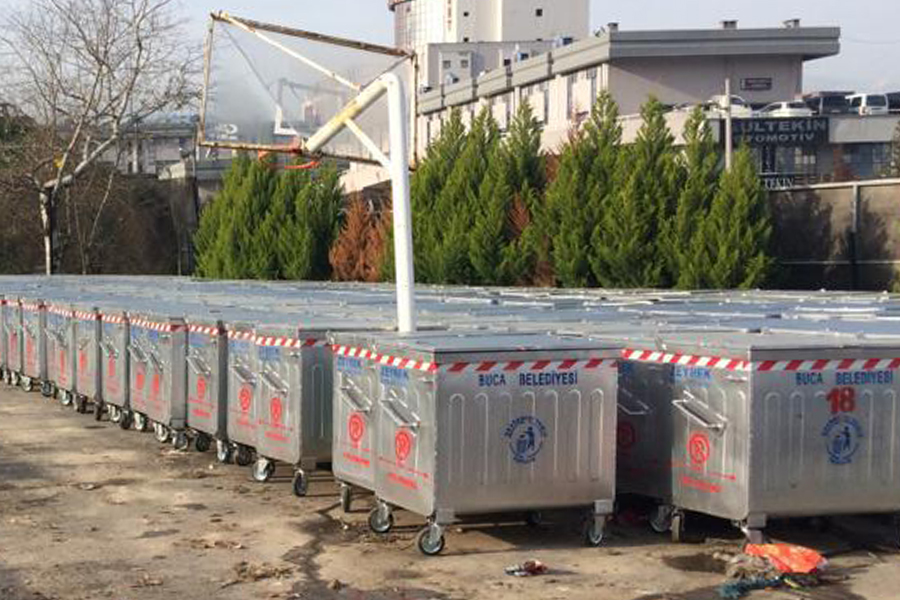Zero Waste Regulation
The ıfır Waste Regulation entered into force by being published in the Official Gazette on 12 July 2019. The aim of the regulation was the effective management of raw materials and natural resources and the principles of sustainable development. In line with these principles, the protection of environment and human health and all resources will be recorded in waste management processes. In addition, it is the determination of general principles and principles regarding recording and documenting.
Within the scope of this document, the establishment of a zero waste management system is explained for local administrations and other places and those who want to establish a zero waste management system on a voluntary basis. In addition, the principles of monitoring and issuing a zero waste certificate are explained in detail.
Types of waste counted as zero waste are paper waste, wood waste, plastic waste, glass waste, composite waste, metal waste, vegetable waste oil, organic waste, electronic waste and waste batteries. You can examine the zero waste and recycling products that you can store these waste types by clicking here.
Some definitions in the regulation are as follows:
Waste: Any substance or material that is thrown or released into the environment by its producer or actual owner, or that has to be disposed of.
Waste collection center: Centers where separately collected wastes are left for recycling and/or disposal.
Waste producer: Any party that generates waste or takes actions that will cause a change in its composition.
Biodegradable waste: Biodegradable park and garden waste, food and kitchen waste.
You can click here to read the full version of the regulation in the Official Gazette.




